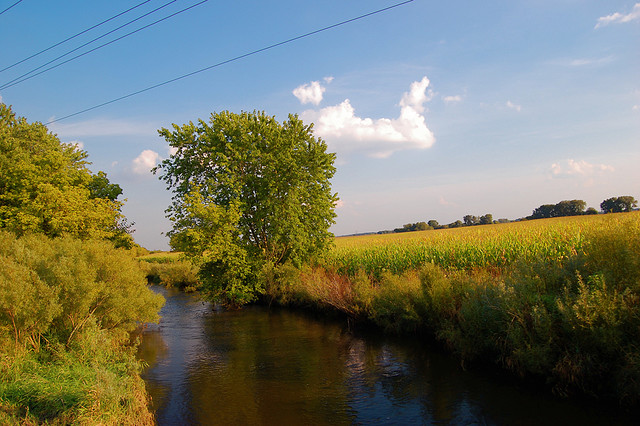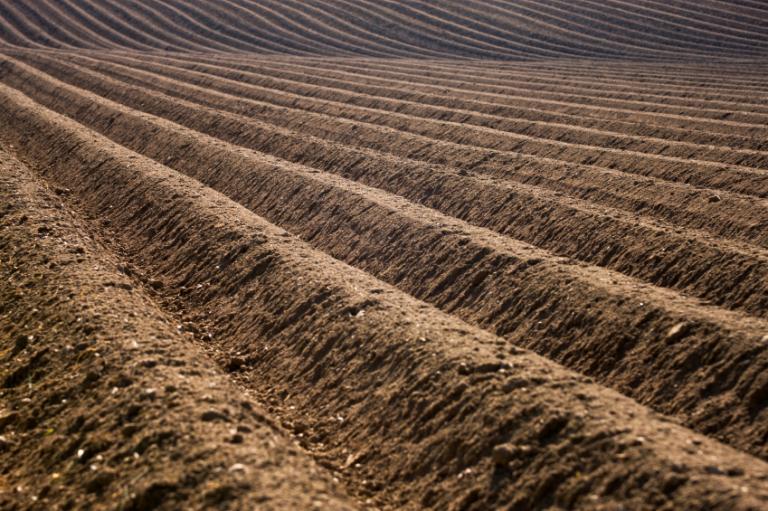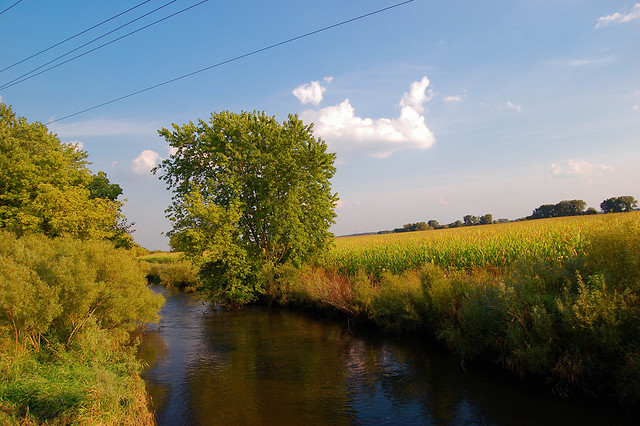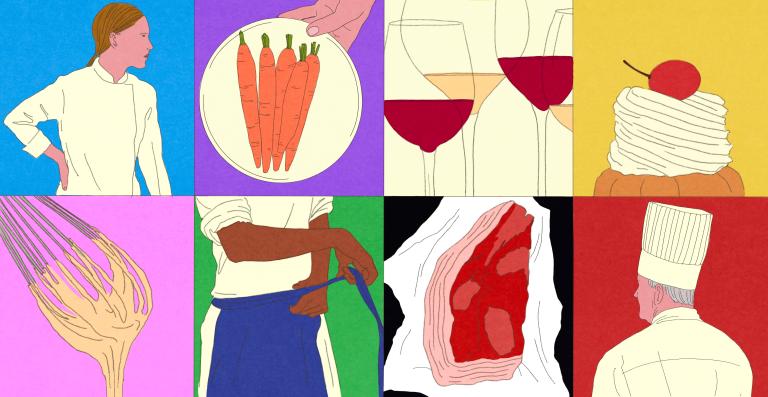 Bt corn is contaminating streams like this one.Photo: reallyboringOne of the main arguments offered in support of the wide use of genetically engineered crops is that they reduce overall pesticide use. This is particularly the case with Monsanto’s “Bt” line of corn, soy, and cotton seeds, which are able to produce their own pesticide, a “natural” toxin from genes of the bacteria Bacillus thuringiensis. Ironically, commercial pesticide derived from Bt also happens to be one of the only chemical pesticides approved for use in organic agriculture, because it’s produced through a biological process.
Bt corn is contaminating streams like this one.Photo: reallyboringOne of the main arguments offered in support of the wide use of genetically engineered crops is that they reduce overall pesticide use. This is particularly the case with Monsanto’s “Bt” line of corn, soy, and cotton seeds, which are able to produce their own pesticide, a “natural” toxin from genes of the bacteria Bacillus thuringiensis. Ironically, commercial pesticide derived from Bt also happens to be one of the only chemical pesticides approved for use in organic agriculture, because it’s produced through a biological process.
Biotechnology companies thus consider Bt seeds some of their most “eco-friendly” products. In theory, farmers don’t have to spray pesticide as much or as often on these crops, and therefore pesticide runoff into waterways is much less of a concern. Well, after years of denial, Monsanto finally admitted recently that superbugs, or pests that have evolved to be able to eat the Bt crops, are a real and growing concern. And now, researchers at the University of Notre Dame have shown that the Bt from genetically engineered maize is polluting waterways in Indiana (the study area). They found Bt toxin in almost 25 percent of streams they tested, and all the streams that tested positive were within 1,500 feet from a cornfield.
Bt gets into streams and rivers by leaching out of crop debris left on fields through the now-ubiquitous industrial “no-till” farming technique, in which fields aren’t plowed after harvest so as to prevent soil erosion. As a result, leaves and stalks get washed into streams through large-scale farms’ irrigation canals: the Notre Dame scientists found such debris in almost 90 percent of streams near cornfields. And while the Bt levels detected weren’t shockingly high, the tests were performed six months after harvest. The debris had been sitting in the streams and leaching Bt pesticide into the water for quite a while.
The fun part? No one has any idea yet of the effects of long-term, low-dose exposure to Bt on fish and wildlife. Perhaps it’s high time somebody did a study on that since, as the researchers dryly observed, the presence of Bt toxin “may be a more common occurrence in watersheds draining maize-growing regions than previously recognized.” Apparently.
So. Not only do genetically engineered crops have worse yields than conventionally bred crops, cost more, lead to pesticide resistance, contaminate other plants with their transgenes, possibly cause allergies and even organ damage, but now we also learn that the plants themselves are possibly poisonous to the environment.
These kinds of genetically engineered seeds keep being touted as the only way we’re going to feed the world. Isn’t it about time we started investing in less toxic alternatives?




